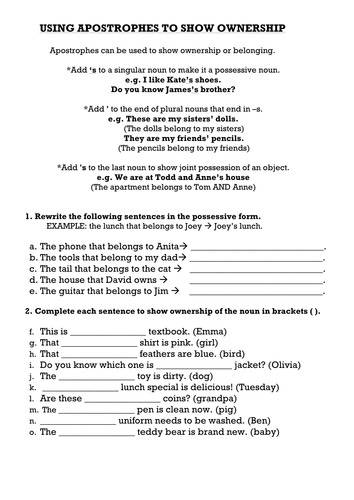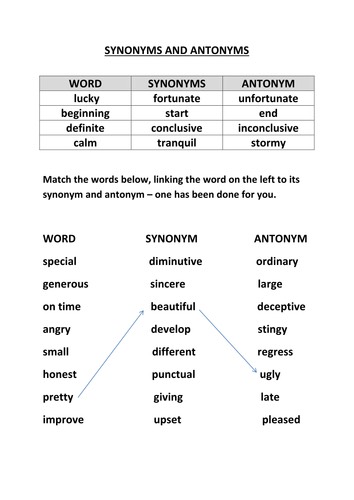As a school we have decided to end this year, in the same way it began: The Power of Reading. Listen to the story: Leaf, which Mrs Godbold will read to you via the school facebook page). Then try some of these activities linked to the book. There are more ideas here than you can fit into two days, but I’ve provided a selection across different subjects to for you to choose from!
Enjoy this wonderful story!
Questions to talk about while listening to the story:
– Why were the animals of the wild wood scared of the creature?
– Do you think they were right to be scared?
– Why did the polar bear collect the leaves?
– How can you tell that the polar bear is sad and lonely?
– Pause & study the page where all the animals discuss what they think about the creature. Why do they have different opinions? What do their responses tell you about each animal’s own feelings and personality? Are the animals being fair? If not, why not?
English Activities:
– Can you retell the story from the polar bear’s point of view? Think about how he would be feeling. You could act out the story pretending to be polar bear, write it in a diary form, draw it as a comic strip, write your own version or even make your own book.
– Imagine the crows were not brave enough to talk to Leaf but instead wrote him a letter. What do you think they would say? Can you write Leaf’s reply?
P4C: Should we always be fearful of strangers?
Art: Can you collect leaves and other natural objects from outside and use them to produce a piece of artwork? You could try looking at the work of Andy Goldsworthy as inspiration or look at the work inspired by rainforests and nature of Henri Matisse.
DT: Can you design a flying machine to take Polar Bear home?
Science:
– Research the causes and effects of the ice melting in the Arctic. Can anything be done to help?
– Find out how the brown bear evolved into the polar bear. How is the polar bear adapted to the arctic environment? A useful video clip can be found here.
Geography: Can you use an atlas or world map to locate the Arctic regions that would be the polar bear’s natural habitat. What are the natural features of these areas? What is the climate like? Can you compare these regions to hotter regions? How are they different? What is the meaning of the word desert? Does it always link to a hot place?
Maths:
– Write some directions to help polar bear find his way home, including use of the eight compass points. Can you draw a map with co-ordinates to help him?
Can you have a go at the Polar bear dice puzzle? (See class web page for further details).
– Can you create some top trumps for the different animals that feature in the book- the numbers could be based on their speed or strength for example? You could then have a game with someone else using the cards you have created!
Well done for all of your hard work this year! You have been amazing!
We are nearly at the summer holidays!
I would love to see any work from these two days- you can email me this if you like.
Miss Coates



















